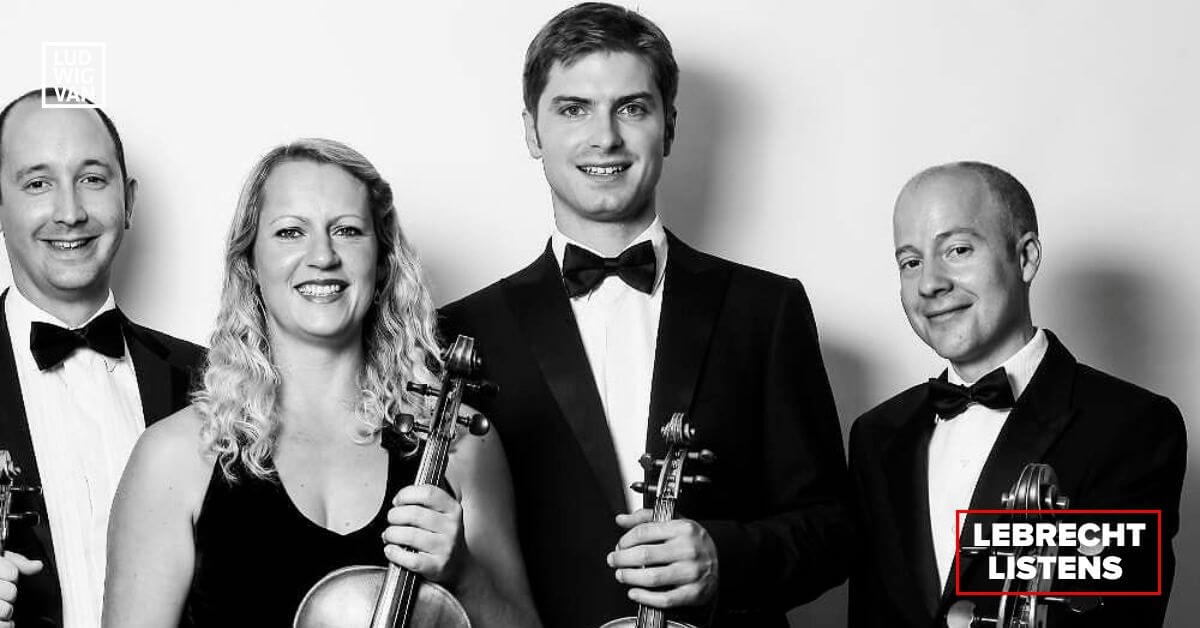
Korngold: String Quartets Nos. 1-3 (Naxos)
★★★★☆
🎧 Spotify | Amazon | Apple Music
If his violin concerto led you to expect lovely tunes and mushy strings, you may be disappointed with the three quartets, written a decade apart in a career that began in Mahler’s Vienna and ended on the Pacific Palisades. The first quartet, dated 1923 amid Korngold’s operatic success with The Dead City, has an atonal opening that might be aimed at the annual congress of the International Society for Contemporary Music. After a Vienna premiere by the quartet of Arnold Rosé, Mahler’s brother-in-law, the new work was played to the ISCM by a quartet led by Arnold Schoenberg’s brother-in-law, Rudolf Kolisch.
Its modernist credentials could hardly be bettered. But once the composer gets over his atonal twitch, he veers to and fro from lyricism to something like Schoenberg’s Transfigured Night, seeking both public acclaim and intellectual approval. Did no one tell him you can’t have it all?
The second quartet, written during Hitler’s rise to power and premiered again by the Rosés, is mildly ominous up to a point where the composer just can’t resist a good tune, relevant or not. The second-movement suggests a jolly evening with Johannes Brahms, the Larghetto is regretful and the concluding waltz is semi-ironic, though nothing as acrid as Ravel’s.
The third quartet, dedicated to fellow-Hollywood exile Bruno Walter, was aired in 1946. Reborn as the world’s best movie composer, Korngold vents his nostalgia in the quartet for a world of yesterdays he will never see again. The folksong-like third movement is filled with pain, perfectly balanced between four instruments.
The Tippett Quartet play with poise and passion. I am torn between their reading and a previous Chandos recording by the Doric Quartet. On balance, this one seems to capture better the Proustian search for past times. It is unforcedly moving.
To read more from Norman Lebrecht, subscribe to Slippedisc.com.
#LUDWIGVAN
Get the daily arts news straight to your inbox.
Sign up for the Ludwig van Daily — classical music and opera in five minutes or less HERE.
- LEBRECHT LISTENS | Klaus Tennstedt’s Conducting Genius Revealed In Live Radio Recordings - July 26, 2024
- LEBRECHT LISTENS |Alexandra Dariescu And The Philharmonia Orchestra Tackle Clara Schumann & Grieg - July 19, 2024
- LEBRECHT LISTENS | Yundi Gives Mozart A Revelatory Makeover On The Sonata Project — Salzburg - July 12, 2024



